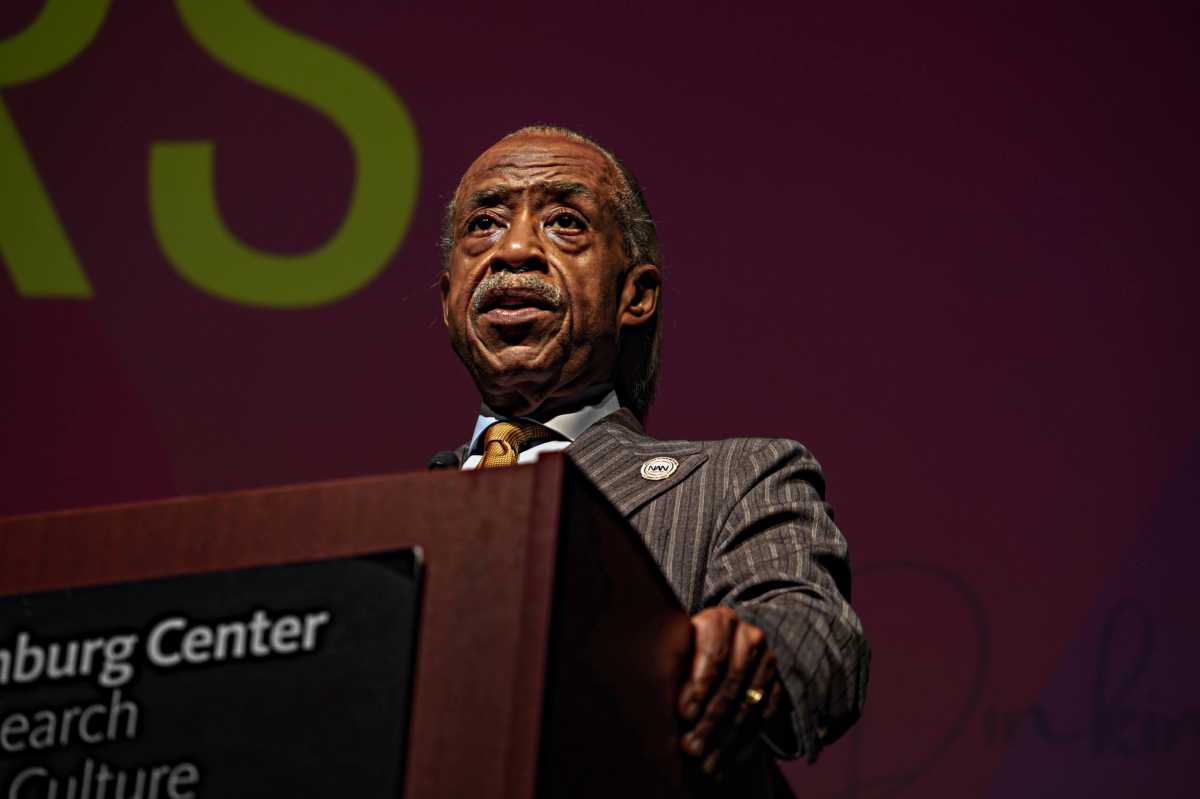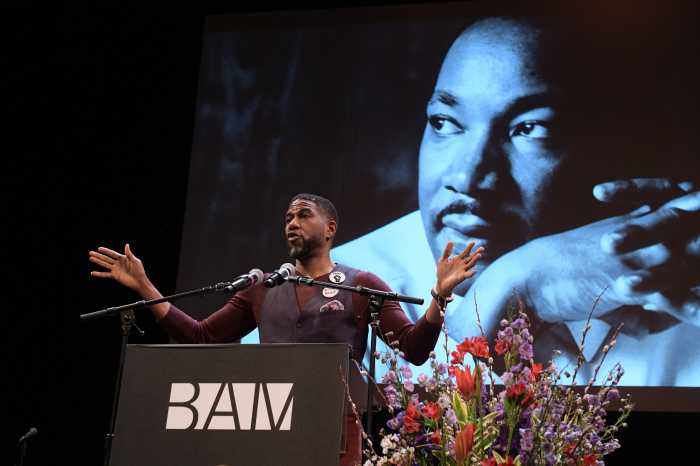When we talk about building wealth in the Black community, we often think about equality, justice, and access to a quality education. We don’t usually think of reforming
The data show that we need to focus on this pathway to prosperity. Every year, New York City awards tens of billions of dollars in City contracts. A recent report by the NYC Comptroller shows that last year M/WBEs won only two percent of new City contracts. Among M/WBEs, there were additional disparities, with over 70% of the value of M/WBE contracts awarded to firms owned by white women and Asian American men, leaving other M/WBEs underrepresented
Mayor Adams has articulated an aggressive vision to improve these numbers: the City will aim to award $25 billion in contracts to M/WBEs over the next four years and $60 billion over the next eight years with a key focus on ensuring that the City’s historically marginalized M/WBEs receive a fair opportunity in competing for these contracts. To get there, he will need help.
Right now, the City lacks the ability to use a number of tools that would facilitate achieving these goals. But that can change in a matter of days if the City can get the tools it needs in the enacted state budget.
Knowing that construction contracts are some of the biggest contracts in government and therefore an important area for impact, Mayor Adams convened a team of external experts to recommend improvements to the process by which the City builds public works. The recommendations issued by the Capital Process Reform Task Force would improve the opportunities for M/WBEs in vying for City contracts, and the Governor and the State Legislature have the ability to make the recommendations a reality as they work to reach agreement on a final budget. The reforms advanced by the task force would facilitate
The Capital Process Reform Task Force recommended that New York City be allowed to use more varied methods for awarding contracts and building public infrastructure and public buildings, instead of the rigid tools the City currently has. Using some of these alternative project delivery tools during the COVID emergency, the Department of Design and Construction built testing sites with 55% M/WBE utilization and a set of permanent healthcare facilities with 46% M/WBE utilization. Alternative delivery works for M/WBEs–now we just need the ability to use these tools outside of an emergency context.
The Task Force recommended that the City be allowed to build a centralized construction
The Task Force also addressed insurance, with recommendations that the New York State Insurance Fund create an additional insurance option for M/WBEs and that the City be allowed to use wrap-up insurance programs common in both private and public sector construction projects. Insurance is a major barrier for M/WBEs, and these proposals would level the playing field while also creating safe worksites and saving taxpayer dollars.
The State has the opportunity now to close disparities in government contracting and facilitate the economic success of communities of color. Let’s commit ourselves to the common sense proposals advanced by the industry leaders who gave this a top-down review and let’s support the bold M/WBE vision articulated by the second Black mayor in our city’s history.



























